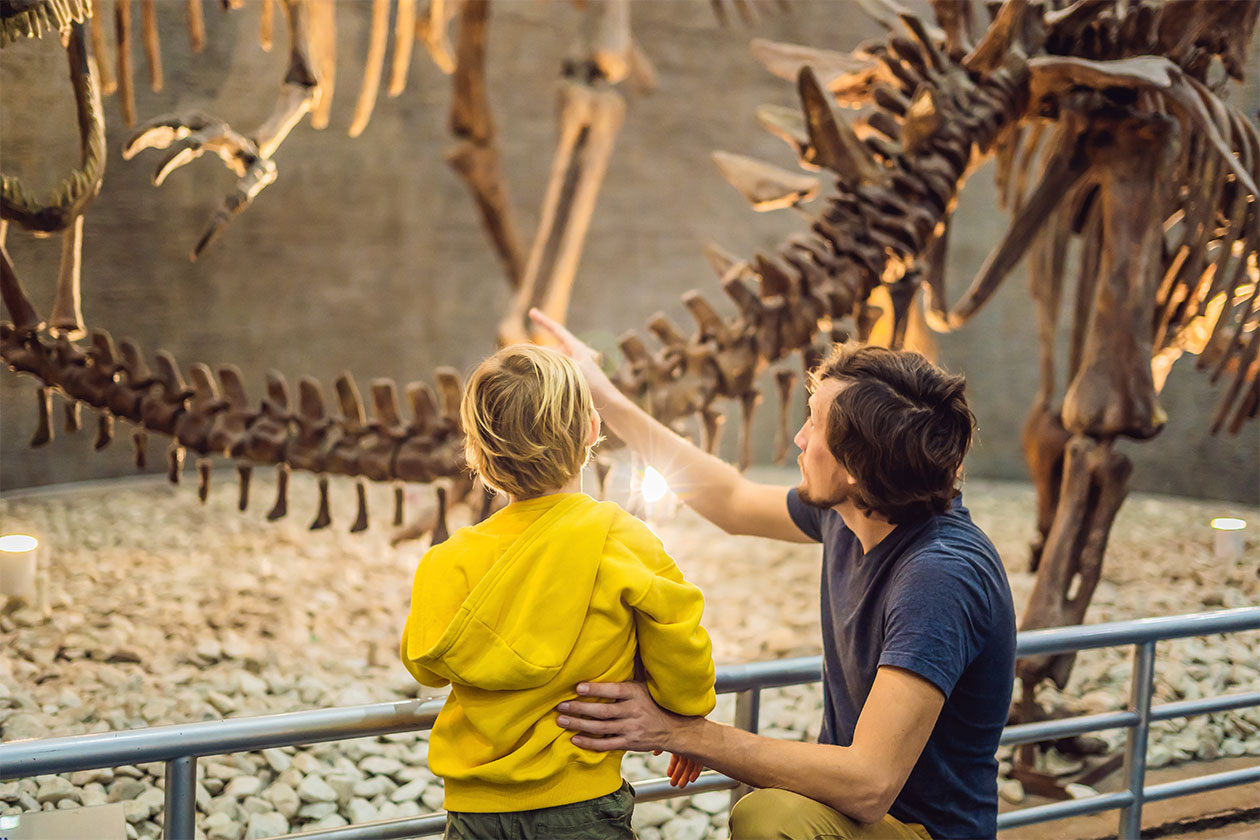
Sometimes there are not enough hours in the day to put together organized, educational activities for your kid (and that’s ok, you don’t have to be a superhero all the time!).
Thankfully, play time doesn’t always need to be organized to be educational. In fact, experts now believe that unstructured, free play contributes a lot to your kid’s later educational success. Especially in STEM subjects.
Why? Free play lets your kid use their imagination and creativity. They are in charge of making the rules and solving the problems. And if they’re playing with other kids, they learn and practice important social skills that will be useful later on in life.
Your kid learns how to think outside the box during free play. They learn how to organize their thoughts, be confident explorers, and inventive thinkers. This might seem strange because so many STEM subjects require your kid to follow specific rules, but confidence to explore new concepts is a cornerstone of STEM success.
Albert Einstein (you know that really, really famous scientist with the funny hair?) sums up the relation between creativity and science beautifully when he says:
“To raise new questions, new possibilities, to regard old problems from a new angle, requires creative imagination and marks real advance in science.”
So next time you find yourself without the time or means to put together a structured activity for your kid, encourage them to use their “creative imagination” during some free, unstructured play!
Here are some tips on how to make free play even more fun for your kid.
1. Keep a box of random items that your kid can use during free play. Some ideas for items include sticks, string, old kitchen utensils, old scarves or fabric, and the like. Of course, the good ol’ empty cardboard box is always a hit too!
2. Try not to involve yourself too much. You want to be nearby to ensure play remains safe but avoid solving problems or fixing failures if possible. Part of the benefit of free play is for your kid to have the chance to do these things for themselves.
3. Talk to them after they’re done to see what games or ideas they came up with. It’s a great opportunity to learn about, and more closely connect with, your kid!
